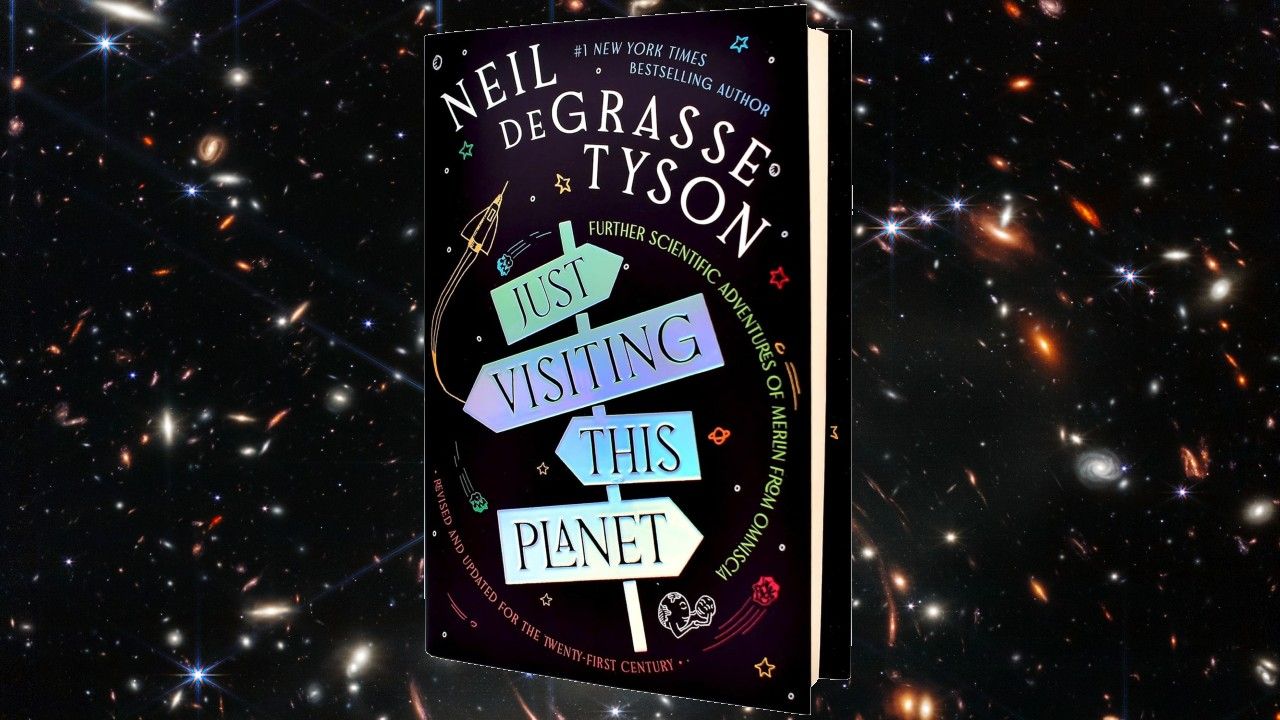Neil deGrasse Tyson on his new book and the hidden dangers of defunding science: 'That will ultimately bite you in the ass' (exclusive)
PositiveScience

Neil deGrasse Tyson is set to release his new Q&A book, 'Just Visiting This Planet: Further Scientific Adventures of Merlin From Omniscia,' on October 21, 2025. In our exclusive conversation, he emphasized the critical importance of funding science, warning that neglecting it could have serious repercussions. This book not only showcases Tyson's engaging style but also serves as a timely reminder of the value of scientific inquiry in our society.
— Curated by the World Pulse Now AI Editorial System





